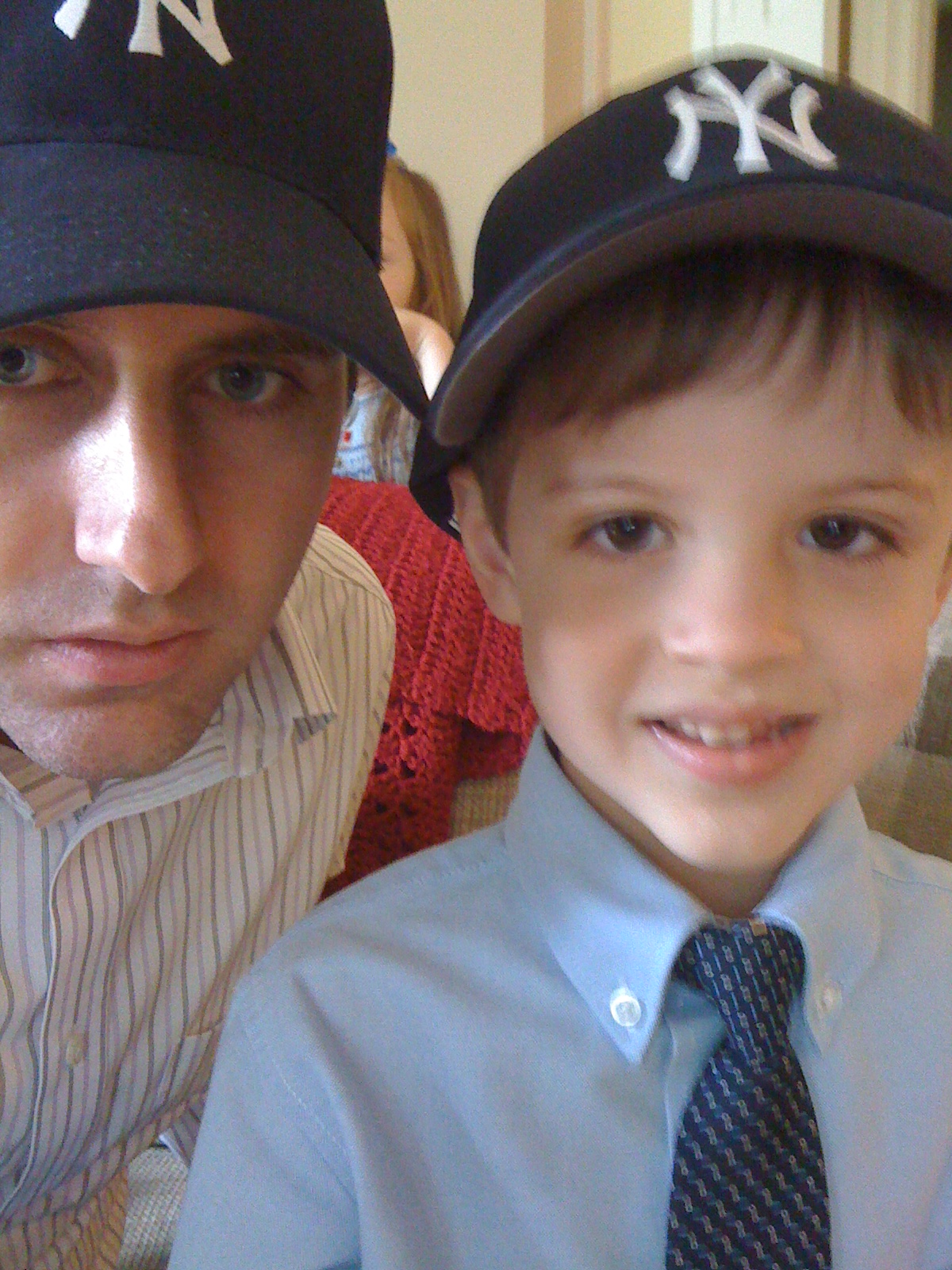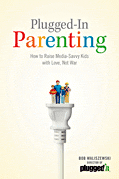Five More Reviews, as I Try to Catch Up
Here are some more book reviews to start your week.
————————————
Getting Through the Tough Stuff
Charles Swindoll
W Publishing (2004), 231 pages
It had been some time since I had read a book by Swindoll, so I was happy to add this one to my list. Getting Through the Tough Stuff is meant to show us that we can get through anything, simply because Jesus did.
Each of the book’s 14 chapters deals with a different area of life that is “tough” (anxiety, divorce, prejudice, disqualification, etc.) and shows from Scripture how Christ handled these areas. As always, Swindoll’s conversational style makes the book easy to absorb, and a fairly quick read.
For preachers, maybe the most interesting chapter is 13, where Swindoll deals with dealing with disqualification. How do we handle it when we are seen as no longer “fit” for something (specifically, the ministry) due to mistakes and sins? It is a wake-up call, and a strong reminder that even that “tough” issue can be overcome.
While there are a few things in the book with which I disagree, overall, I highly regard and recommend this volume from Swindoll.
——————————–
I Do…Every Day
Cynthia Bond Hopson and Roger A. Hopson
Abingdon Press (2011) 112 pages
I read this book on my Kindle reader (no, I do not own a Kindle, but I use my iPhone and laptop with the free reader), and found it to be perfect for that type of devise.
I Do is a brief couple’s devotional book with dozens of 2-3 page “chapters” meant to encourage couples in nearly every area of life. Since the chapters are so short, they can be read in just a minute or two, but reflected on throughout the day.
Each day’s chapter has a Scripture, a story, some reflections (“things we’ve learned”) from the authors, and a “honey-do list” of how to apply the lesson. Then, each lesson ends with a prayer.
Due to the brevity of each chapter, there is not a lot of “meat” to the book, but I still found it to be helpful. It is very easy reading, but the point of this book is in the reflection. Most couples would benefit from it, but I would recommend it more to those who have been married for several years and are facing a season that is difficult. Working through a simple book like this one together could be just what is needed. It is light reading, but with serious points.
—————————————
From Conquerors to Kings
Drew Kizer
Riddle Creek Publishing (2011) 135 pages
Drew’s latest book–a follow-up to his brother’s Barton’s From Slave to Conquerors–walks teenagers and young adults through the history of the Israelite nation through the life of Samuel and then the first three kings: Saul, David and Solomon. Meant to be an overview, the book still takes a look at several famous stories from the lives of these individuals and makes proper applications from them.
The book’s 13 chapters make it perfect for classroom use, and teachers will find more than enough information in each lesson to have a Biblically-based discussion class.
Drew was a guest on the May episode of The Pages Podcast, as we discussed this book and the planned titles in the future through Riddle Creek. If you wish to listen to that interview, click here.
—————————————-
Harriet Tubman: The Moses of Her People
Sarah H. Bradford
MacMay (2008) 112 pages
A free Kindle book, I highly recommend this little biography. Combining stories and notes from old interviews with Tubman, Bradford presents the life of a true hero in simple-to-read form.
Tubman was an amazing woman, and this book tries to relate both personal instances and historical significance to what Tubman did via the Underground Railroad. Her work in rescuing slaves though she was the most wanted person in the South, is a story that will touch you and motivate you.
The one difficulty with this book is that Bradford tries to write quotes from Tubman (and others) phonetically, so reading longer quotes can be burdensome, but by working through it, you can almost hear Tubman’s voice. If you are a history buff, this book will be a breezy read, but will remind you of one of the most important figures in American history.
————————————–
Deceiving Winds
Bruce Morton
21st Century Christian (2009) 304 pages
Deeply-researched and methodically presented, Deceiving Winds uses the ancient city of Ephesus and what went on there, both in the Church and in the culture, as a blueprint for what is going on in the West in our modern day. Morton then goes to the Scriptures to show how the Church in Ephesus was told to respond, and how we should respond, as well.
To be honest, at first I was overwhelmed by the depth of this book. I was reading it without any preconceived ideas, and I was expecting “just another class book.” If you choose to read this volume, you need to know that it is far more. Chapters have dozens of end notes (one appendix has 66 of them!), and Morton presents his case with great depth of knowledge.
The book concerns itself with several issues, but I was struck most by two. The first is the mysticism that we see in subtle ways in our society, but which is finding its way into “Christian” publishing, music and worship. Morton makes a strong point that these mystic influences are similar to–if not exactly like–those faced in Ephesus in the First Century.
The other issue that struck me was the radical feminist movement that has engulfed our society in many arenas. Again, Morton points out that this was done in Ephesus, and even some of the methods used by modern-day radical feminists were used in those ancient days, as well.
The call of this book, obviously, is to Scripture, but it is also to open our eyes to the fact that what is now subtle may not be subtle for long. I strongly urge preachers and elders to read this book, but give yourself time to read it with contemplation and thought. It is not a quick read, but it is worth the effort.



